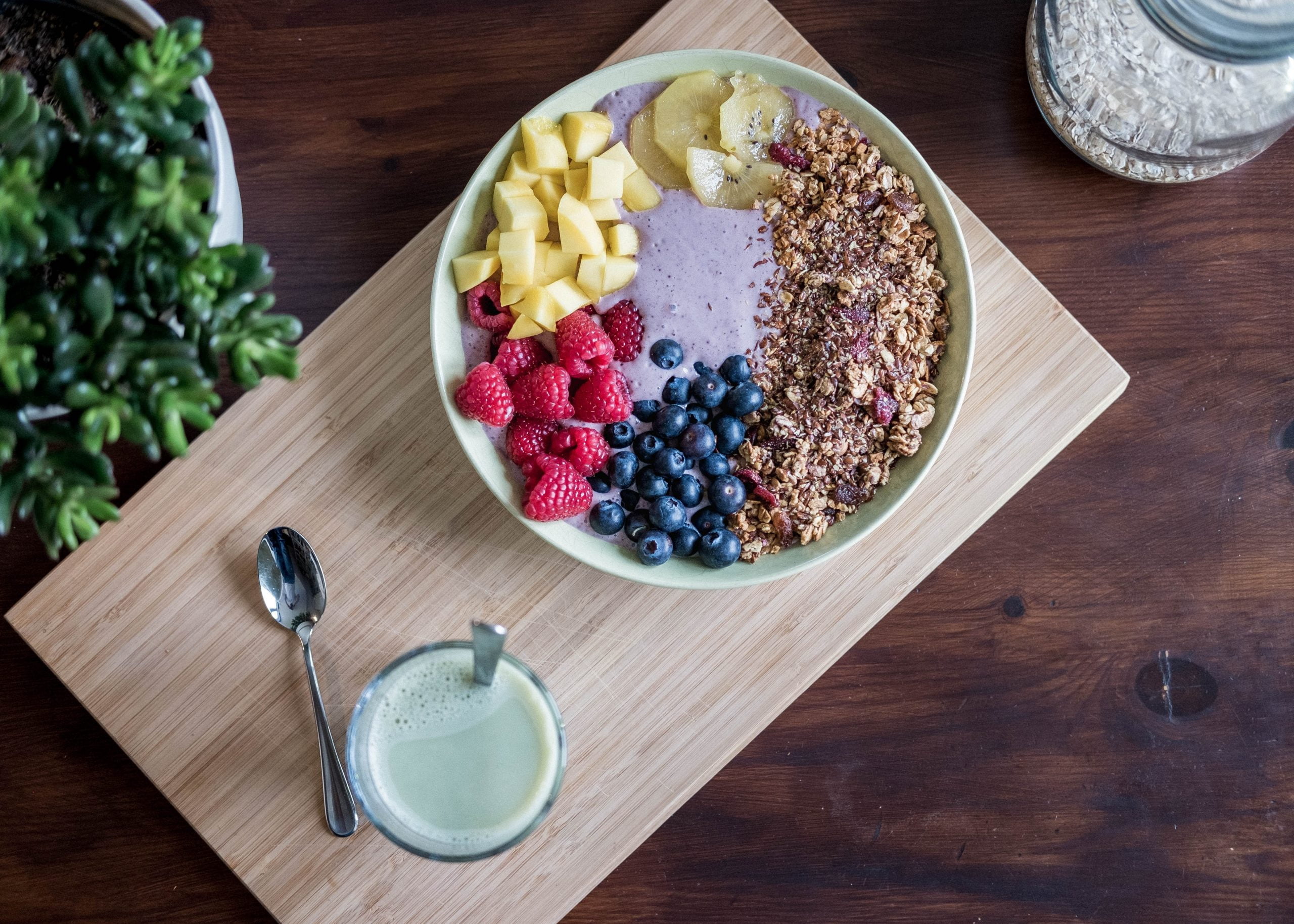Prepared by: Jessica Mitton, C.H.N.C., CNE | jessicamitton.com
Superfoods are certainly all the rage these days. Everywhere you go, people are trying to get these nutrient-dense foods into their diet, and marketers are pushing their so-called ‘super’ products like they’re the next big thing. But what exactly are superfoods and are they really, well, super?
Foods typically get tagged as ‘superfoods’ when they are proven to have certain special properties. That could mean they contain unusually high quantities of a certain nutrient, have a number of qualities that have been proven beneficial for our health, or have been known to help with certain specific health concerns.
Take garlic for example. Its immense therapeutic benefits have been known for generations. For centuries, garlic has been turned to as a preventative and restorative measure for all kinds of ailments, and its efficacy has been backed up by modern-day studies that continue to prove its antibacterial, antiviral and antifungal properties. Superfood? Most certainly!
Other popular foods that have been receiving the ‘superfood’ tag in recent times include goji berries, flaxseed, spirulina, and, oh yes, wheatgrass shot, anyone?
While people rightly enjoy a good superfood, caution must be exercised in relying solely on these foods for our overall nutrition intake. Marketers love to misuse the term to sell products that may not always be as super as they are made to seem. Plus, it is easy to be lured into the false idea that superfoods – genuine or otherwise – should be consumed at the expense of other health-giving foods.
Sure, real superfoods can be a wonderful way to help individuals manage, reduce and eliminate certain health concerns. But the key word here is ‘individuals’. We are all biochemical individuals, meaning that our unique bodies will have different dietary and lifestyle needs. While including a certain superfood – flaxseed for instance – may cause one person to thrive, another person may see more benefits from chugging back that wheatgrass shot!
Which brings us to the truth of the matter: In order for our bodies to function in an optimal manner, we each need to look well beyond just a single superfood. A balanced, varied diet will always win out.
Variety and Eating According to One’s Individual Needs
Eating superfoods can be super for your health, but eating a variety of health-giving, whole foods is what’s really going to have super long-term effects. Obsessing over the current du jour superfood to the detriment of eating other good foods likely won’t do you much good over time. What our bodies and minds need is to be nourished with a variety of foods, including fibre, water, good fats, carbohydrates, proteins, vitamins, minerals, antioxidants, and phytochemicals. While goji berries may be a great source of antioxidants and can be amazing for one’s health, we also need to include all these other components of nourishment – like hydration through water consumption, and fibre through chowing down some leafy green roughage or fibre-filled seeds and beans, for example.
We humans are complex living individuals, each requiring a comprehensive diet that serves our unique needs. The fact that our bodies require so many elements from our food in order to function optimally on a biochemical level leads to the conclusion that all foods are super – in their own way!
Take the digestive system, for example. In order to have a healthy, well-functioning digestive tract, we need fibre, water, and good fats. Some anti-inflammatory or anti-oxidant foods wouldn’t go amiss, either! Similarly, the many other systems of our bodies need several types of nutrients to function optimally.
To maintain healthy bones, you will not only require the well-known nutrients, such as calcium, magnesium and vitamin D, but a number of others that help with the metabolic processes required for bone health, including boron, vitamin C, vitamin K, zinc and copper, to name a few.
These are just two of myriad examples demonstrating how our bodies are beautiful, complex systems with wide-ranging nutritional requirements. Nourishing our unique bodies with a variety of good, whole foods is the best way to obtain the nutrients you need for optimal health.
That’s not to say you shouldn’t eat nutrient-rich superfoods. What I’m saying is: eat your superfoods – and more! Chow down those goji berries, wheatgrass and flaxseeds, but also eat all those super fruits like oranges and apples; super vegetables such as lettuce and broccoli; super beans and pulses; humanely raised meats and poultry; fish; whole grains; nuts and super seeds!
At the end of the day, variety is the spice of life – and the truly ‘super’ secret to maintaining good health. Need a little boost? A superfood can certainly give you that, but true long-term nourishment comes from a holistic approach to your unique body, mind and spirit.
-Posted January 2019-
Sources:
Jessica Mitton is the author of the cookbook, Some Good. A Culinary Nutrition Expert and award-winning Certified Holistic Nutritional Consultant™ based in St. John’s, Newfoundland, she has been featured in multiple publications and media channels, including the Academy of Culinary Nutrition’s From Scratch cookbooks, CBC radio, and the national magazine Optimyz. When she is not busy creating in her kitchen, Jessica spends her time seeking out new adventures with her husband, Gareth. jessicamitton.com
